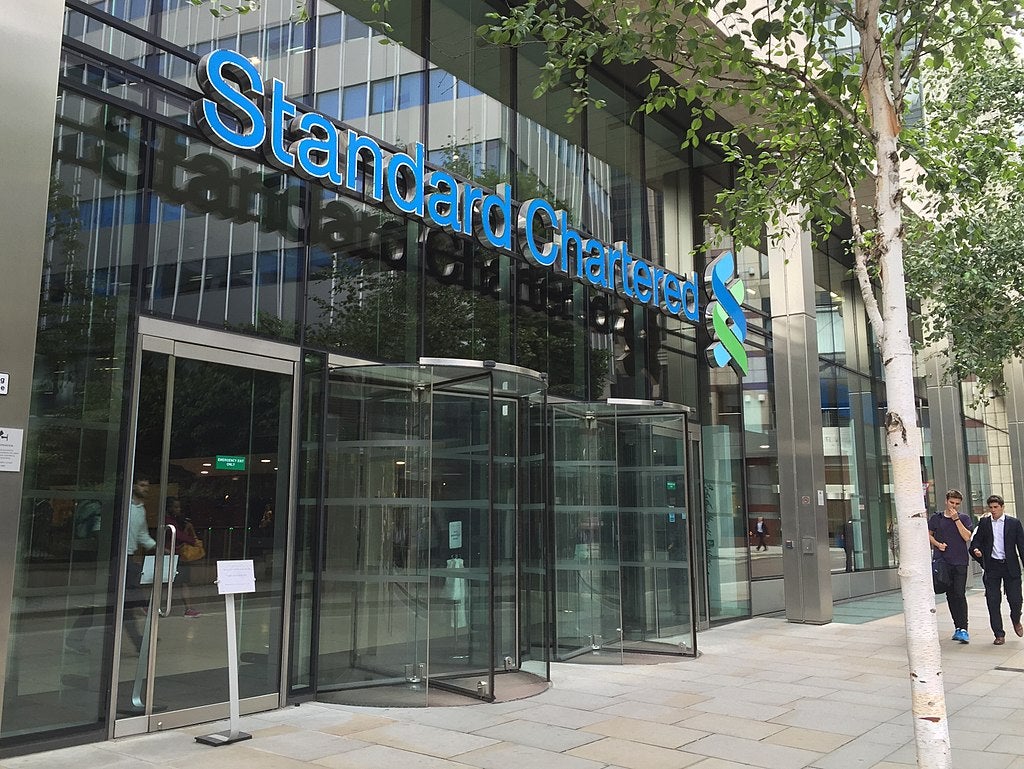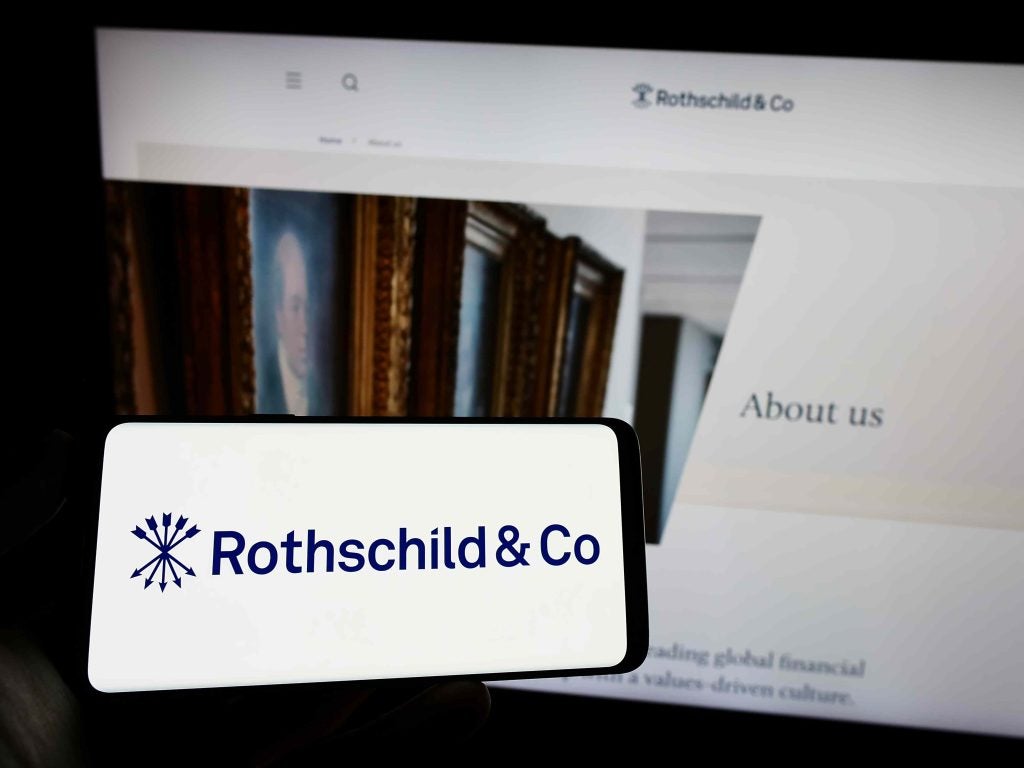
Standard Chartered Wealth Management saw income decline by 17% in 2022, from $2,225m to $1,802m.
It was a bigger drop of 19% if Q4 2021 and 2022 were compared, and a staggering 21% when comparing Q4 2022 to Q3 2022.
This was attributed to customer sentiment becoming more risk-averse in volatile market conditions leading to lower market conditions.
In addition, there was a negative impact from Covid-19 restrictions, particularly in North Asia, which led to branch closures and falling footfall.
However, net new sales remained positive but at a lower level than in 2021, but assets under management volumes reduced.
Standard Chartered in 2022
Standard Chartered as a whole saw income grow 10% year-on-year up to $16.3bn. Net interest income was also up, by 18%, representing close to half of total income growth.
How well do you really know your competitors?
Access the most comprehensive Company Profiles on the market, powered by GlobalData. Save hours of research. Gain competitive edge.

Thank you!
Your download email will arrive shortly
Not ready to buy yet? Download a free sample
We are confident about the unique quality of our Company Profiles. However, we want you to make the most beneficial decision for your business, so we offer a free sample that you can download by submitting the below form
By GlobalDataUnderlying profit before tac for $4.8bn, a 15% increase year-on-year ccy (constant currency change).
Bill Winters, group chief executive, said: “We have delivered a strong set of results in the fourth quarter and for the full-year 2022, with both income and profit before tax up 15%, and a return on tangible equity of 8.0%, up 120bps on 2021. We are also announcing a new $1bn share buy-back, and a final dividend of 14 cents per share, taking total shareholder distributions announced since the start of 2022 to $2.8bn, more than half the three year $5bn target we set ourselves by 2024. We continue to make significant progress against the five strategic actions outlined last year, and we remain confident in the delivery of our financial targets.
“We are upgrading our expectations, and are now targeting a return on tangible equity approaching 10% in 2023, to exceed 11% in 2024, and to continue to grow thereafter.”
Sophie Lund-Yates, lead equity analyst at Hargreaves Lansdown, commented: “Standard Chartered’s profits disappointed in the final quarter. Impairments came in worse than expected, with credit charges stemming from the group’s large exposure to the shifting Chinese real estate sector. Downgrades in the quality of government debt in other areas, including Pakistan and Sri Lanka have also taken their toll. More disappointing is the misstep in the group’s wealth management business, where growth has been a priority. Customers are wary in the current economic environment, which acts as a headwind for this area. This also raises questions for Asian banking giant HSBC, which is hoping to unlock hundreds of millions in business from a renewed push into wealth services, boosted by the reopening of Hong Kong’s borders.
“A lot of attention around Standard has been surrounding takeover talks, but for now these thoughts have been extinguished. With the valuation languishing at well below the value of the group’s assets, further approaches can’t be ruled out. The sheer size and reach of Standard Chartered would make any potential integrations quite tricky though, which could stop future advances. There’s a confident signal from management that the shares are undervalued with a $1bn buyback announced, and that’s a large reason the share price has been propped up today, despite the weaker results. The UK’s beaten up financial sector is jumping at the chance to reduce their share pools while sentiment is subdued, and there could be more to come.”







